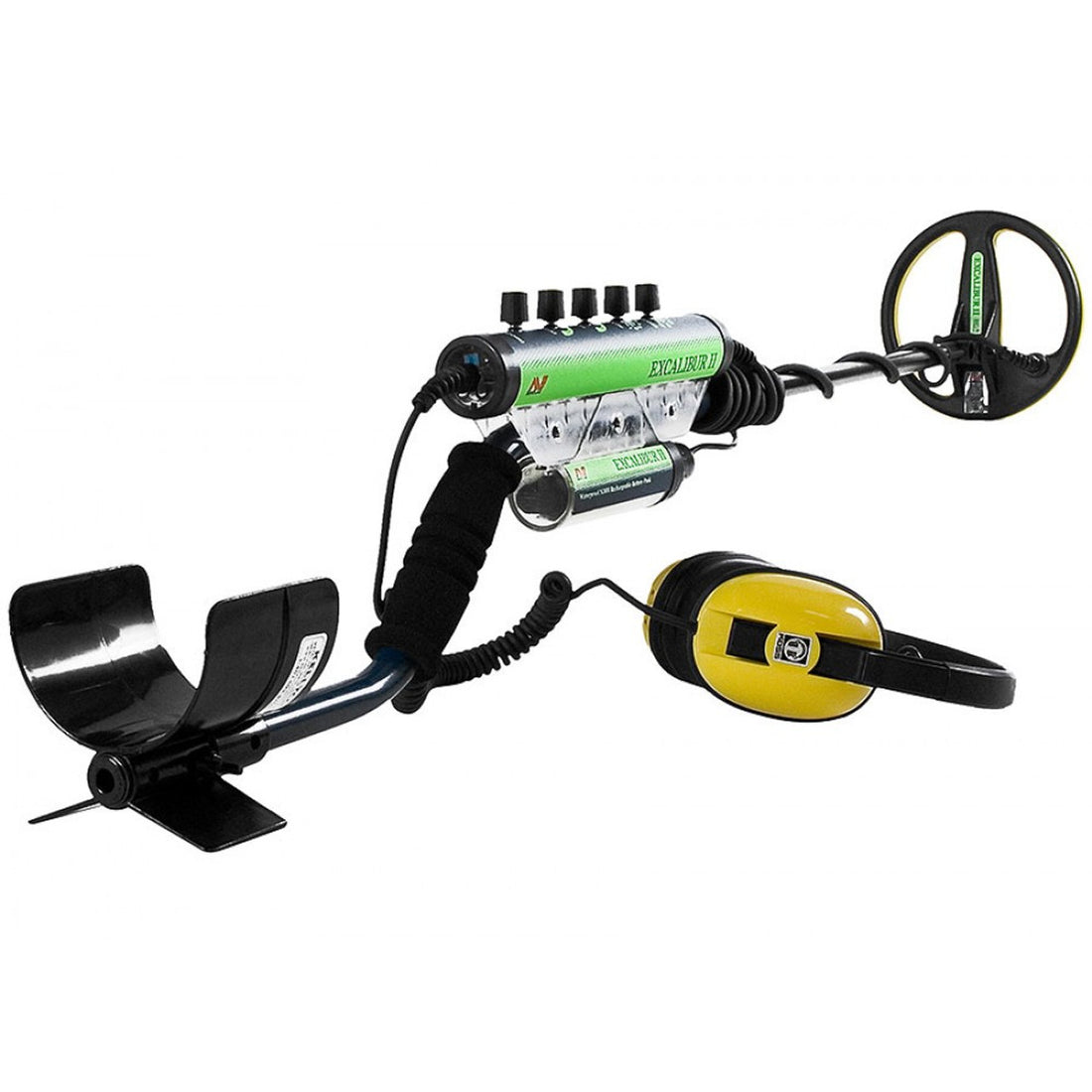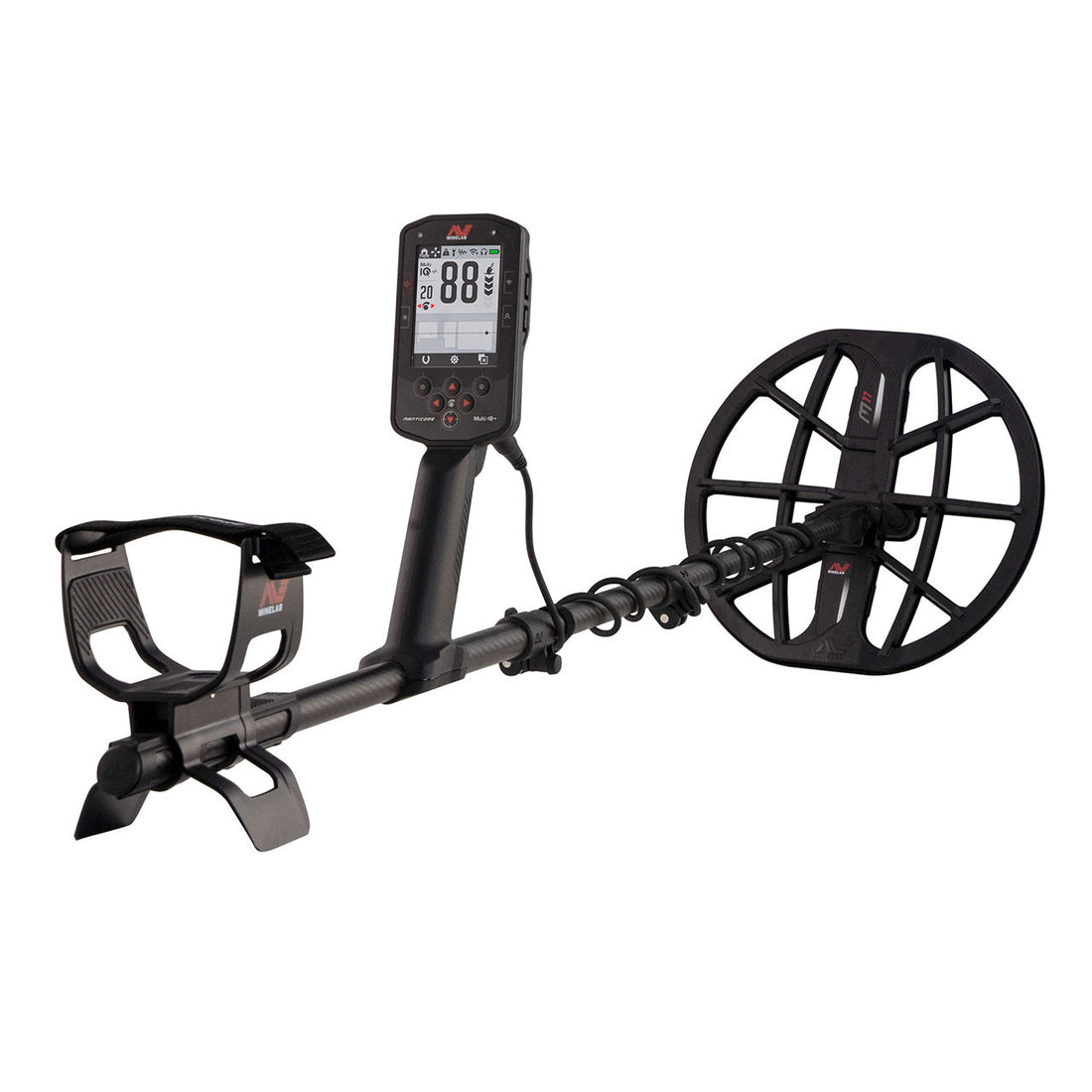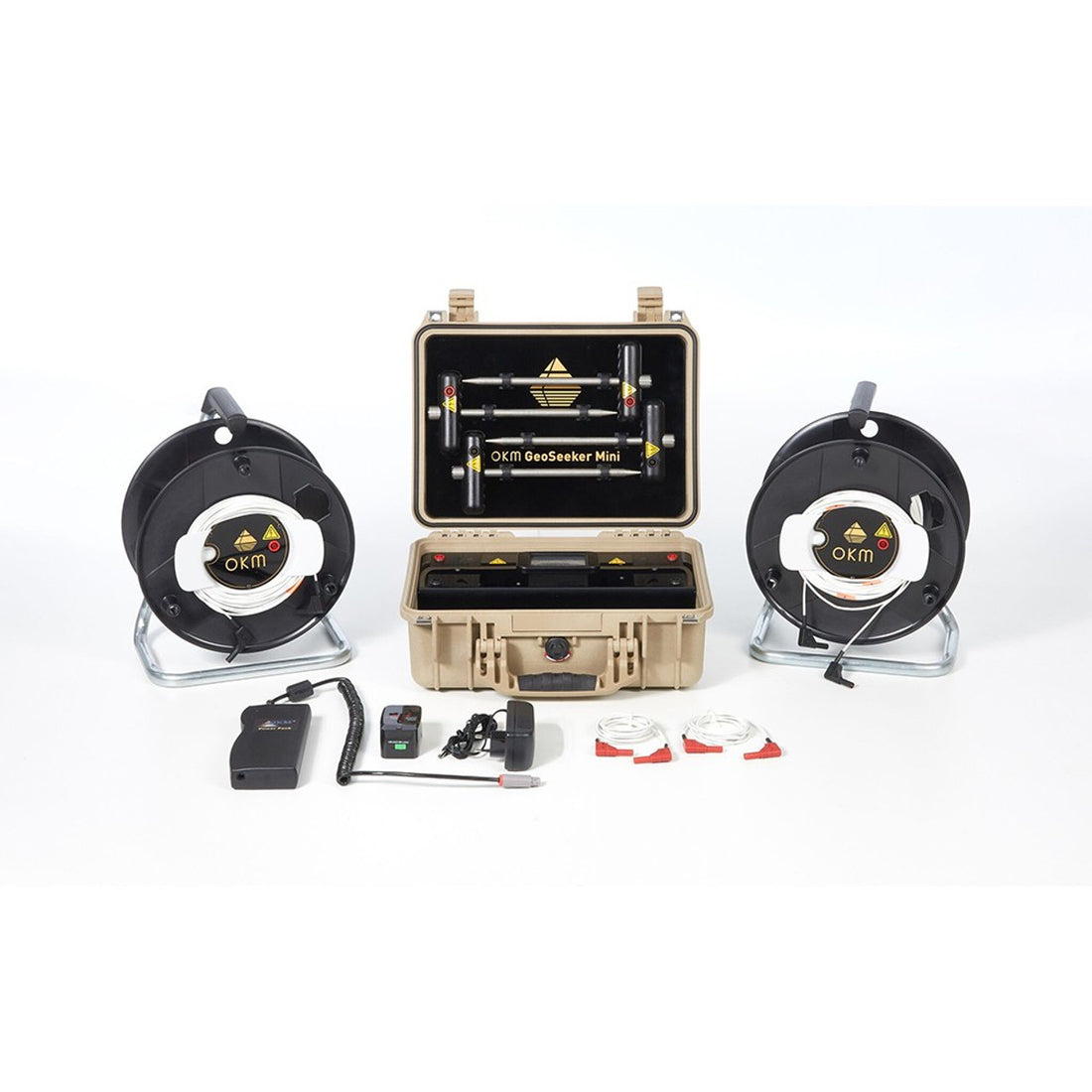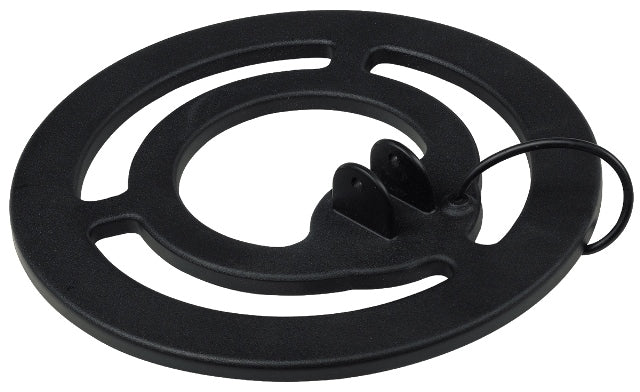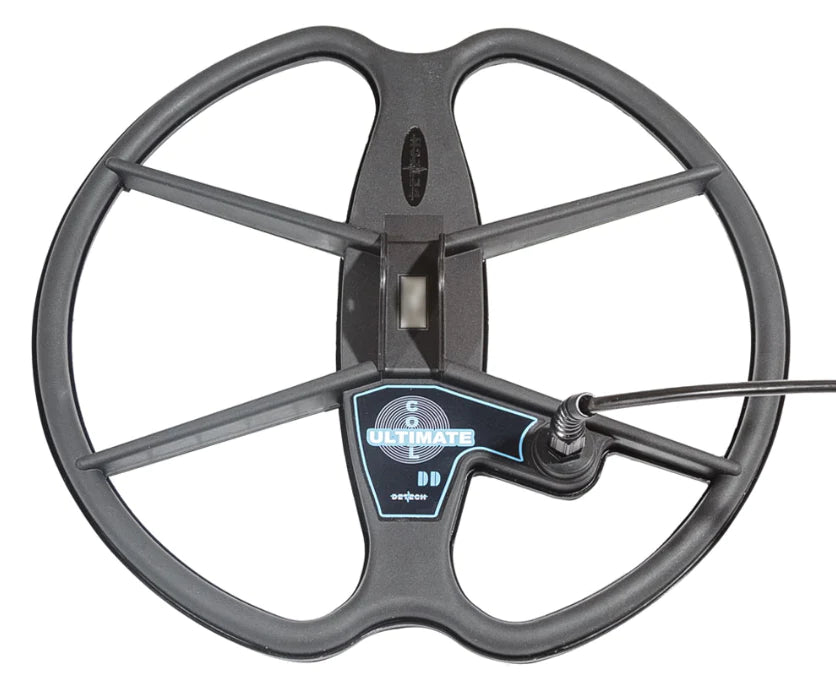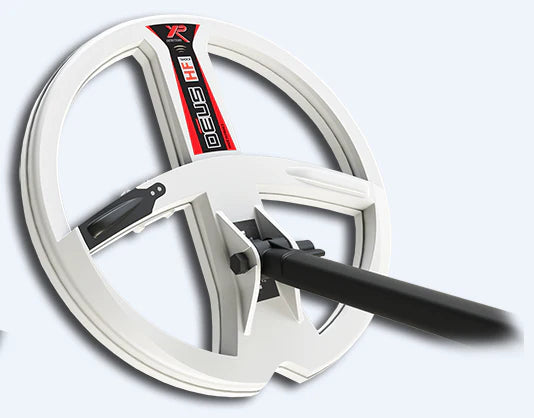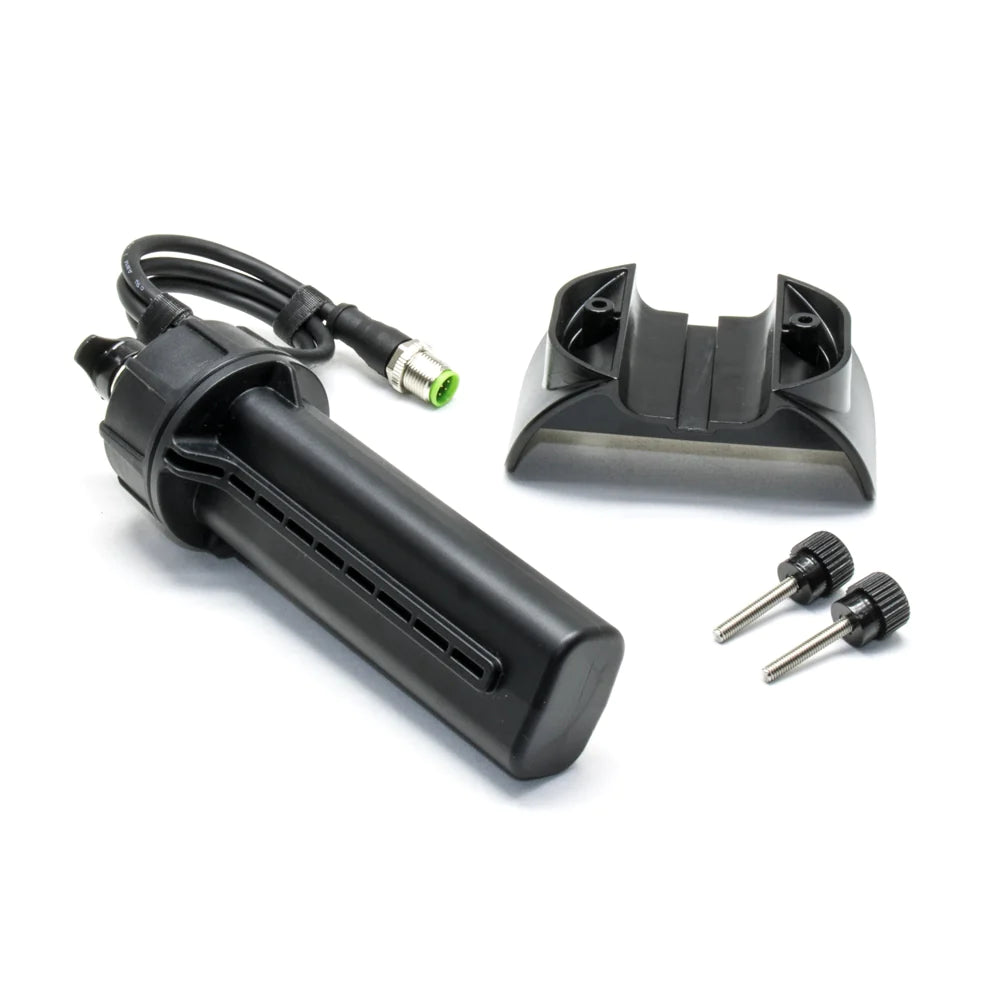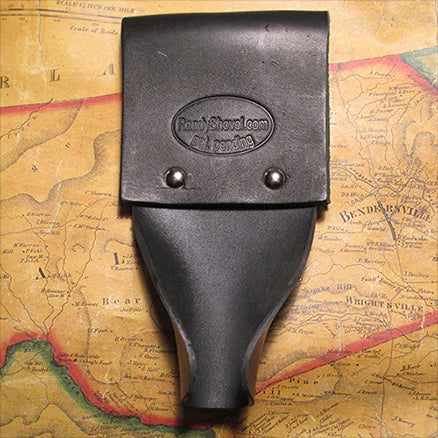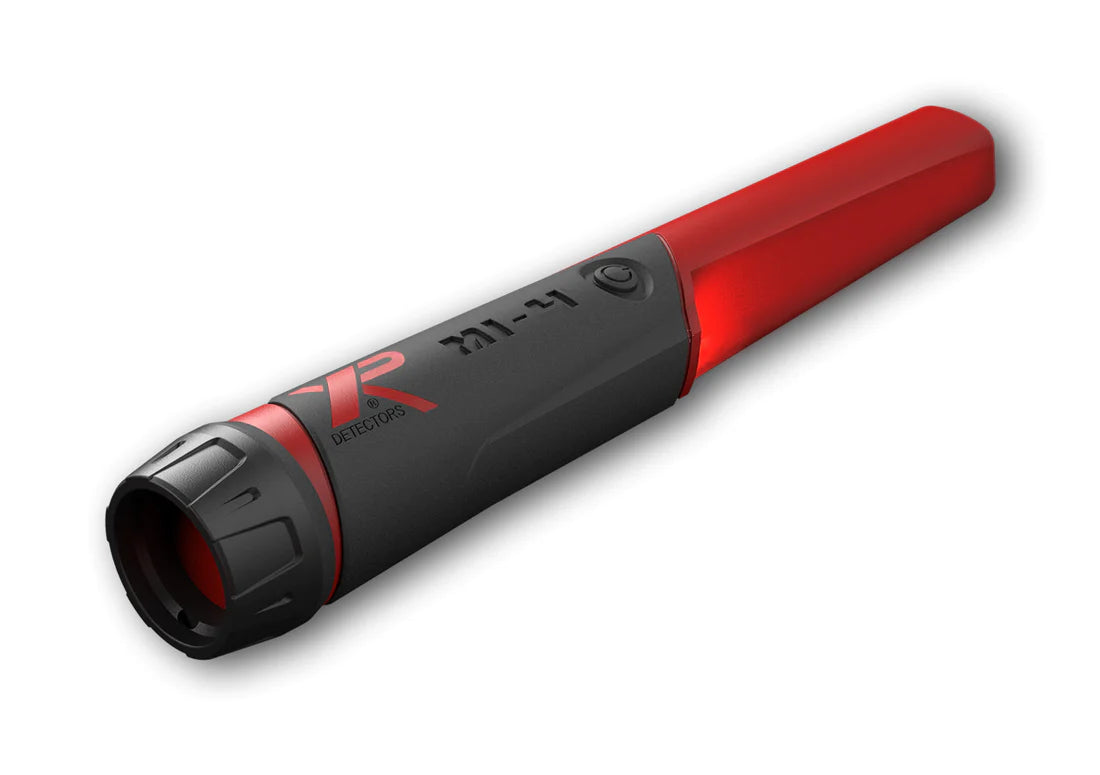How Much Does a Metal Detector Cost?
How Much Does a Metal Detector Cost?
By Daniel Bernzweig
When it comes to metal detectors, there are a lot of different factors that will affect how much it costs. The type of metal detector, the brand, the features, and where you purchase it from are all important price factors.
A quality metal detector can cost anywhere between $200 and $600. If you want a top-of-the-line model with all the latest features, you could even spend upwards of $1000 or more.
Do your research before investing in a metal detector, and determine which type would be most appropriate for your needs and budget before making a purchase. The following is a thorough guide that our team has prepared to assist you in making an informed decision about purchasing a metal detector.
Types of Metal Detectors and Their Pricing
You should first determine where you plan to metal detect and what kind of metal detecting you will be doing. There are four main types: relic hunting, coin and jewelry shooting, deep seeking treasure hunting, and gold prospecting. Each type of metal detecting can be done on land or underwater. Each one requires a different type of metal detector.
Different types of metal detectors are required for a treasure hunter to use for each category of metal detecting. Relic hunting is the practice of finding artifacts or a metal object from a certain time period. This could be anything from pottery to arrowheads to Civil War bullets. To find coins and jewelry on land or underwater, a mid-range metal detector frequency is required. To find deep treasures and large quantities of buried precious metals, a two-box or deep-seeking metal detector is needed. A gold detector allows a prospector to search for natural gold deposits with this style of gold detector. This type of metal detection requires a special metal detector that is specifically designed to find small pieces of gold.
Each use requires slightly different settings on the metal detector and will, therefore, have different price tags. Some of the various options for metal detectors include:
- A PI detector or Pulse induction metal detector is often used in areas where there is a lot of iron in the ground. These detectors emit short pulses of electricity that pass through the ground and are reflected back to the receiver.
- VLF detectors or very low-frequency detectors are the most common type of metal detectors. These detectors work by sensing changes in the electromagnetic field that extends from the search coil of the detector to the ground.
- Security metal detectors are used in a variety of settings to detect weapons and other metal objects. These detectors can be handheld, walk-through, or vehicle-mounted.
- Handheld security metal detectors are small and portable devices that are used to scan individuals for metal objects before or after an individual goes through a walk through metal detector. They are commonly located at security checkpoints in facilities.
In order to pick a metal detector that is right for you, the next thing you need to do is determine what brand you want to purchase. The most popular brands are Nokta Makro, Fisher metal detectors, Garrett metal detectors, XP metal detectors, and Teknetics. Charles Garrett, the founder of the Garrett metal detector brand was an avid treasure hunter and designed his models for fun and excitement. Brands such as these offer a wide variety of models that are suitable for a variety of budgets and needs. It is important to read customer reviews of the different models before making a purchase.
The last thing you should consider is the features you want on your metal detector. As a rule of thumb, the more features a model has, the higher the price tag. Here are some features to consider:
- Discrimination: This allows you to ignore or identify all metals so that you can focus on just the ones you want.
- Pinpointing: This helps you to zero in on a specific target with accuracy.
- Ground balancing: This compensates for different types of mineralized soil conditions so that the metal detector can work more effectively.
- Sensitivity adjustment: Metal detectors have sensitivity settings that determine how deep they can detect targets.
- LCD Display and visual target displays: There is a Liquid Crystal Display, which represents the functions, controls, and analysis of the target on the metal detector.
- Waterproof capability: Some models are designed for submersion underwater. Depending on the depth rating, you can snorkel or dive with your device.
- Weight and design: Many detectors are quite light and comfortable, while some models are very heavy and awkward to hold. Be sure to research the weight and design of each model in the specifications tab of this site.
Remember to consider your budget, what type of detecting you will be doing and their related targets such as coins, relics, gold nuggets, etc, and what features you need to find them. You can select the right metal detector for your needs by doing some research.
Best Metal Detectors by Category
In our annual guide to the best metal detectors, we review models by budget and type of metal detecting. New models and top picks have been added to this year's guide. For each detector, there are also links to consumer reviews. This guide includes links to detailed customer reviews for each model. Our website has received thousands of consumer reviews, making it the most comprehensive metal detector reviews resource online. As you are searching for the best model for the money, take some time to check out the categories below. You will find our top picks for every hobbyist and the best metal detector for you.
- Best Metal Detector for Gold
- Best Metal Detector for Silver
- Best Metal Detector for Coins
- Best Metal Detector for Jewelry
- Best Metal Detector for Relic Hunting
- Best Metal Detector for Beginners
- Best Metal Detector for Experts
- Best Metal Detector for Kids
- Best Metal Detector for the Beach
- Best Metal Detector for Deep Treasures
- Best Metal Detector for the Money
- Under $200
- Under $300
- Under $500
- Under $1000
- Best All-Around Metal Detector
Low-Cost Metal Detectors
Low-cost metal detectors can be just as effective as their more expensive counterparts. The main difference is that they may not have all the bells and whistles that the more expensive models have. These cheap metal detectors may have a low price tag, but that doesn't mean they lack useful features. Here are some low-cost metal detectors that would be great for beginners:
Garrett Ace 200 Metal Detector
If you're searching for a low-cost metal detector that can handle larger metal objects, the Garrett Ace 200 Metal Detector may be a good fit. This device features four sensitivity levels, three search modes, and a lightweight frame with preset ground balancing and discrimination options.
For metal detectorists, the Garrett Ace 200 Metal Detector is perfect for detecting coins, jewelry, precious metal, relics, and even mid to larger sized gold nuggets.
Fisher F22
This Fisher metal detector, The Fisher F22 is an excellent VLF metal detector option for those who are looking for an affordable yet reliable metal detector. It comes with a decent-sized search coil for all around hunting but a smaller coil can also be ordered as an accessory. This detector features:
- Automatic ground balance
- A waterproof concentric coil
The F22 by Fisher includes VDI and extremely accurate target identification numbers. Unlike previous generations of models like the Tracker IV, this model is very easy to use. One of the detector's best characteristics is the VDI, which is ideal for finding all forms of metal! Numbers 1-99 tell you whether you've found iron, metal contaminants, foil, or other buried treasure like US nickels, gold, zinc coins, copper, or other metals.
The Fisher f22 is perfect for finding coins, jewelry, and relics. It's also lightweight and easy to operate, making it a great choice for beginners.
Mid-Level Metal Detectors
Mid-level metal detectors are a step up from the low-cost models. They usually have more features and better performance and are ideal for treasure hunting. Mid-level detectors offer more features than entry-level models like ground balance and target ID, but they won't break the bank. The Minelab Vanquish and Minelab CTX are great examples of mid-level metal detectors with these features.
Here are some mid-level metal detectors that would be great for those with some experience:
Teknetics Omega 8500
The Teknetics Omega 8500 Metal Detector is a fantastic device in the Teknetics lineup. This high-end coin, relic, and jewelry hunter is jam-packed with features but simple to operate. The best depth and pinpointing are provided by the 11" DD search coil. This model adds several desirable improvements over others in the lineup. This model can identify and discriminate the difference between a ferrous metal target and a non ferrous metal item in the ground.
Garrett Ace 400
This is a great all-around metal detector. There are a lot of features that make it suitable for both beginners and experienced users. The Garret ACE 400 includes Iron Audio, Digital Target ID, and Frequency Adjust to help you find more treasure and less trash. It also comes with headphones, an environmental covering, and a search coil cover. A popular accessory often used with this and all metal detectors is the Garrett Pro Pointer which is a handheld pinpointer metal detector.
High-End Metal Detectors
The best metal detectors or high-end metal detectors are the top of the line. They have all the bells and whistles that you could want in a metal detector. High-end metal detectors provide the best performance and features like multi-IQ technology, adjustable sensitivity, an LCD screen, and wireless audio. These detectors are perfect for finding coins, jewelry, relics, and even gold nuggets at more extreme search depth. While you may not need the most expensive metal detector, it is nice to purchase a quality product from the outset. You can think of metal detectors as smart tools for getting your job done.
Here is a high-end metal detector that would be great for experienced users:
XP Deus 2
The XP Deus II is a wireless, multi-frequency metal detector with features and performance that no other device has. The XP radio protocol system allows the search coil, remote control, headphones, and optional pinpointer to communicate wirelessly and without delay using the XP patented radio technology once they've been paired.
Thanks to FMF (Fast Multi-Frequency) technology, the XP Deus is well-suited for use on land and at sea, whether in flat or hilly terrain, as well as in all weather conditions and is waterproof to 20 meters.
Garrett GTI 2500
The Garrett GTI 2500 model is Garrett's top-of-the-line metal detector for all-around fun. The built-in Garrett Power Master DSP™ digital signal processing technology, which is Garrett's exclusive technology, adds a new level of intelligence to the detector, making it a more accurate and easy-to-use device. With advanced discrimination and graphical imaging, it is now easier than ever before to distinguish junk from treasure with advanced discrimination and graphical imaging.
Frequently Asked Questions
Here are a few frequently asked questions about metal detectors, their quality, and their cost.
How Much Is a Good Metal Detector?
A good metal detector low-cost model for kids will cost around $100. For adults around $200, you can invest in an entry-level metal detector to get started with great results. Depending on your experience level, budget, and level of interest, you might want to invest in a higher metal detector for around $500 to $1500 based on the features. If you are just getting started, you will need to budget some money for accessories. The best place to start is with good headphones, a decent stainless steel digging tool or sand scoop, and a carry bag.
How Much Is a Metal Detector for Gold?
Gold metal detectors are used to find small pieces of gold. This type of equipment has been developed to ignore tough mineralized solid conditions to allow the user to focus on finding gold. It is common for a gold prospecting metal detector to include a ground balance adjustment and to have a higher operating frequency than an average metal detector. You can easily detect and find small or large gold nuggets with ease when you have these controls at your disposal.
Gold prospecting metal detectors will cost more than general-purpose metal detector models. They start at around $500 and can go up to $6,000 or more.
How Much Is a Waterproof Metal Detector?
Waterproof metal detectors are used to find metals in the water. They have a waterproof coil and control box that allows you to search in the water. Depending on the depth rating of the unit, you can search anywhere from a few feet underwater to a depth of over 100 feet for some of the top diving models. An underground metal detector will locate targets at various depths below the surface. The larger the search coil the deeper it will go. Keep in mind that the detection depth and waterproof rating depth are not the same. Detection depth specifies how deep the metal detector can sense an object in the ground. The waterproof rating identifies how deep the unit is rated in terms of submersion depth underwater.
Waterproof metal detectors for hobby use are more expensive than general-purpose models. They start at around $250 and range up to $2,000.
How Much Is a Metal Detector for a School?
Security walk through metal detectors are used in schools to detect metal weapons. They are placed at the entrance of a school, and people must walk through them to enter. There are two general types of walk-through metal detectors. There are two types of walk through metal detectors. The first type provides multizone detection. Multi-zone detection with pinpoint capabilities is provided by the second style. A basic multizone model with a greater level of security than a six-zone model provides more information about the location of the target.
School security detectors can be expensive. They start at around $4,000 and can go up to $6,000 for top models. Accessories like a battery backup module or casters for easy transport are additional.
How Much Is a Handheld Metal Detector?
Security wand metal detectors are handheld devices that are used to detect metal weapons. They are often used in schools and airports. Handheld security detectors are one of the most common types of security detectors used across the globe. They have been developed to be used in airports and at large events venues, while engineered to be extremely accurate. There are a number of security and law enforcement personnel who rely on these handheld detectors for their detection ability and reliability.
Handheld security detectors are less expensive than walk through detectors. They start at $109 and can go up to $200 or more.
A metal detector can cost from $100 all the way up to $6,000 or even more, depending on the model. Before you make a purchase, it is important to take into consideration your budget, the type of detection you will be doing, and the features you require. In your quest to find the perfect metal detector for you, you will be sure to find one with a little bit of research.
Copyright 2022 Detector Electronics Corp.

